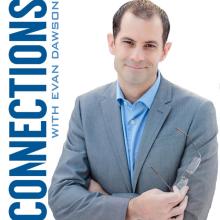National ISPs with millions of customers are some of the most hated companies in the U.S. Poor customer service, contract tricks, and a refusal to upgrade services are only a few of the common complaints from subscribers who are often trapped due to lack of competition. Frontier Communications is proudly carrying on that tradition of deficiency in Minnesota. In fact, the company’s excellence at skullduggery has drawn the attention of the state’s Public Utilities Commission (PUC), which launched an investigation into the service quality of Frontier this spring.
So Much Going On Here
While many of us are used to some level of poor service when it comes to the big ISPs, Frontier in Minnesota accumulated so many complaints, the PUC felt they had no choice but to take action. According to Phil Dampier from Stop the Cap!, the Commission received 439 complaints and negative comments in a five-week period in early 2018. Some but not all, of the types of issues that subscribers described included:



